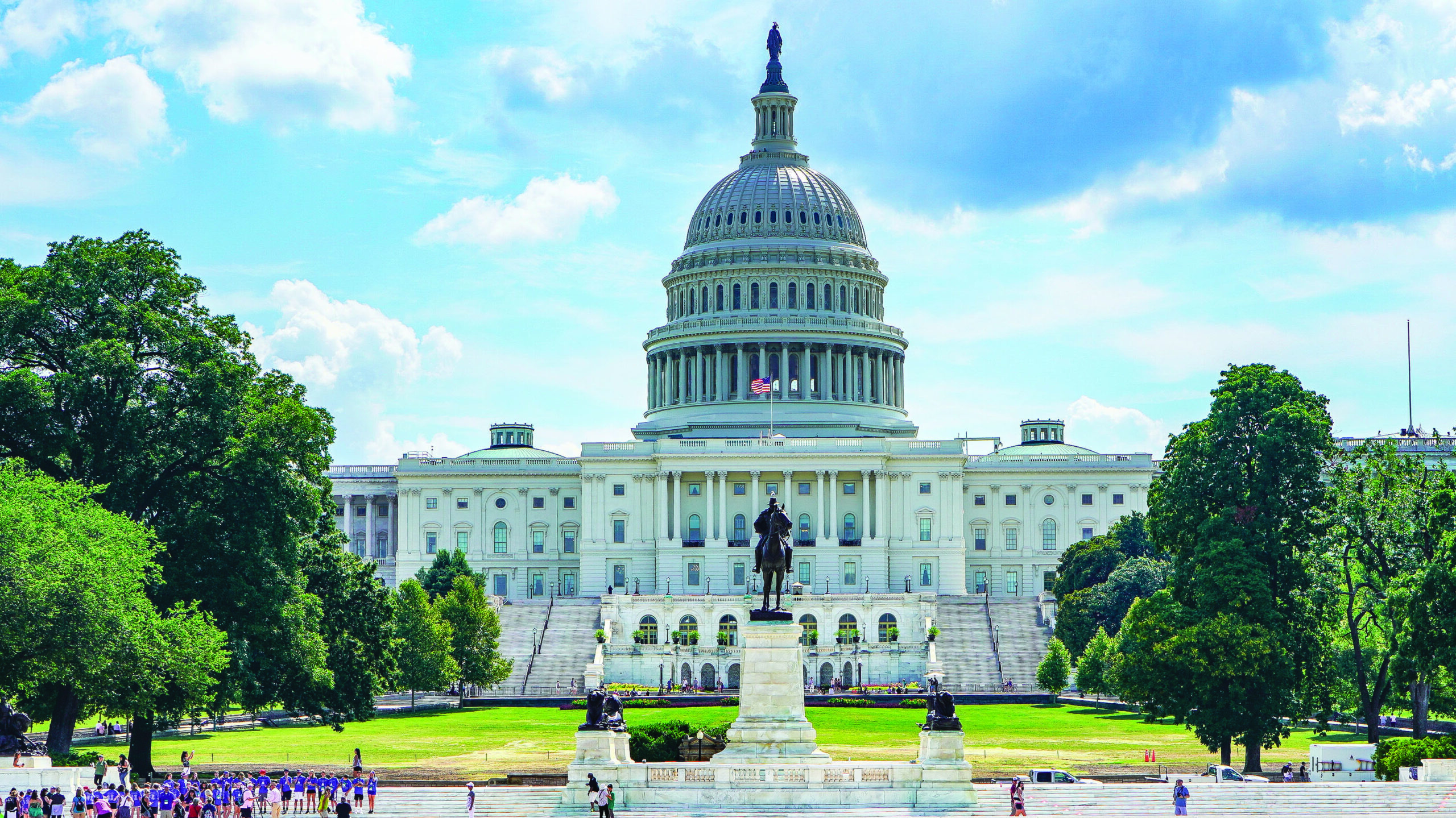In a controversial move, Twitter has recently announced that it will be lifting its ‘No Political Ads’ policy ahead of the 2024 election cycle. This move is seen by many in the advertising, media, and digital marketing industries as a way for the social media giant to increase its revenue stream further.
The decision had been made public on October 29th and spurred a range of reactions from those in the digital marketing space. The ‘No Political Ads’ policy, which was announced in late 2019, prohibited companies from posting any political ads on the social media platform.
The proposed new policy does not call for the total removal of the ‘No Political Ads’ policy, but instead loosens the current regulations and opens the door for political advertisers to post and target voters with political messaging on the platform.
This new policy has been met with much pushback from civil rights groups and other activists. They argue that allowing political ads on the platform can give the wealthy and powerful a larger platform and allow for greater control over political discourse. With this shift, the smaller, more marginalized voices have a more limited ability to reach their constituents through Twitter.
Twitter has defended its decision by citing the need for greater transparency within the political advertising space, claiming that allowing political messages on the platform will help people see how these messages are created and by whom. Political ads are also subject to the same rules as other advertisements, and must be labeled as such.
At the end of the day, the decision to allow political ads on Twitter is a complex one with no clear-cut answer. While there are obvious benefits in terms of transparency, opponents of the move argue that it can be used by certain powerful groups to effectively control the political discourse without being held accountable for their actions. We can only await the effects of allowing political messaging on the platform as the 2024 election cycle quickly approaches.
Hey Subscribe to our newsletter for more articles like this directly to your email.
